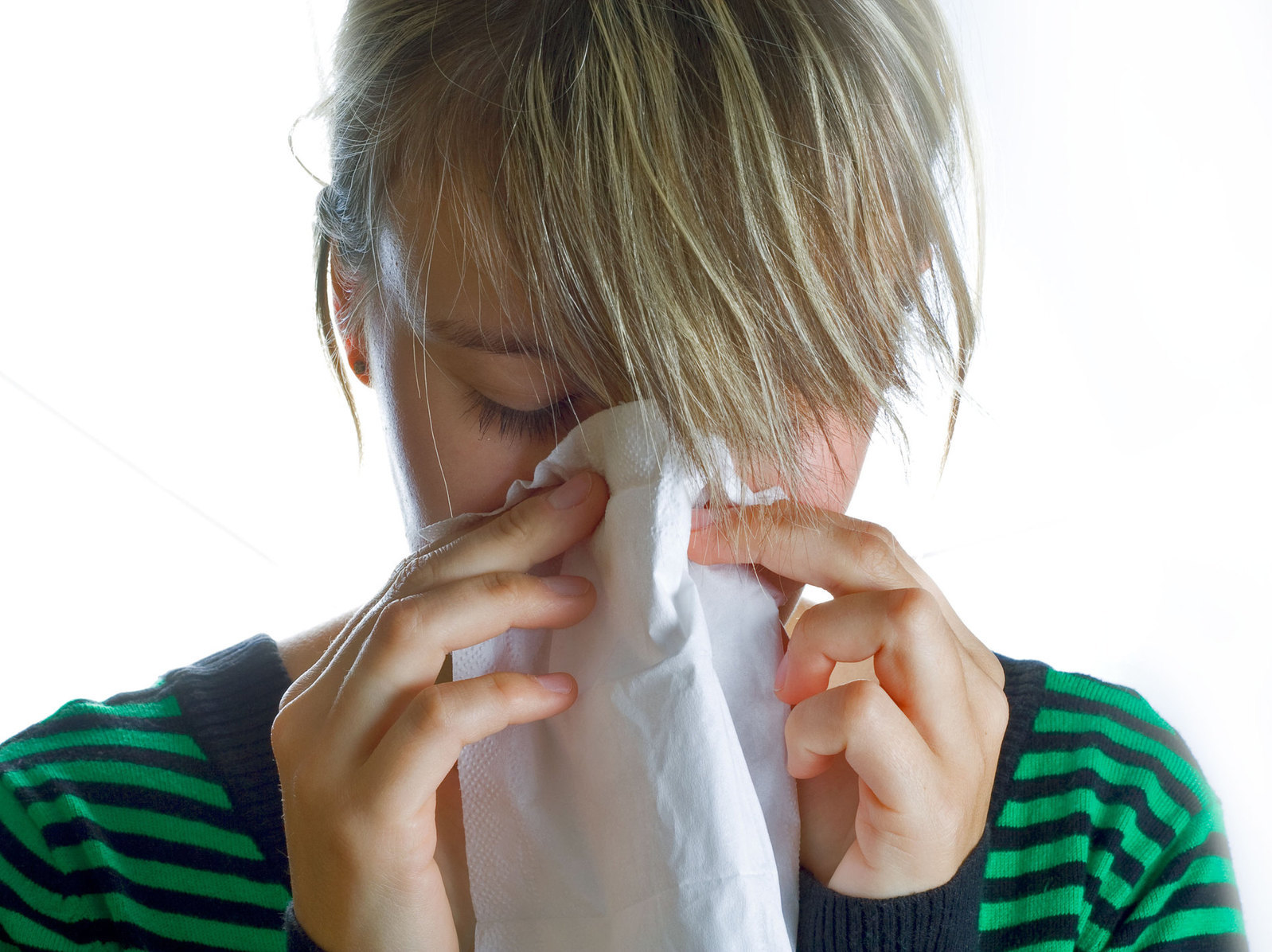Tel: 01474 876800 • 24 Hr: 01474 876809 • Client Portal
- Who We Are
- What We Do
- Build
- Carpentry
- Building Works
- Commercial Flooring
- Commercial Glazing
- Commercial Locksmith
- Commercial Painting & Decorating
- Commercial Plastering
- Commercial Plumbing
- Commercial Refurbishment
- Commercial Roofing
- Design & Construction
- Electrical Installation
- Hard & Soft Landscaping
- Mechanical & Electrical
- Office Builders
- Office Fit Outs
- Office Heating
- Office Partitioning
- Office Relocation
- Site Management
- Maintain
- 24 Hour Helpdesk
- Access Control
- Air Conditioner Repair
- Air Conditioning Servicing
- Commercial Boiler Servicing
- Commercial Electricians
- Commercial Ground Maintenance
- Commercial Pest Control
- Commercial Property Maintenance
- Drain Unblocking
- Emergency Callouts
- Emergency Light Testing
- Facilities Management
- Fire Alarm Testing
- Fire Extinguisher Testing
- Fire Sprinkler Testing
- Fixed Wire Testing
- Handyman Service
- Lift Servicing
- Office Health & Safety
- PAT Testing
- Planned Preventative Maintenance
- Reactive Maintenance
- Roof Maintenance
- TMV Maintenance
- Water Hygiene
- Clean
- Build
- How We Do It
- Why Use Us
- Contact

6 Tips for a Healthier & Safer Workplace
During the Autumn and Winter months, colds and flu becomes a huge problem, especially at the workplace. We spend a large chunk of our lives at the office and it’s no great surprise that when colleagues get sick, we most probably do too.
Yet aside from the obvious spread of germs and infections from person to person, the office is also a place where illnesses and injuries are common due to a number of other hidden factors.
Often, neglect and poor cleanliness can contribute to ailments that are easily preventable whilst carelessness can have disastrous consequences. So if you run a business where your team of staff are spending hours upon hours burning the midnight oil whilst eating, congregating and sometimes even sleeping at the office, here’s a number of factors to consider to make your working environment a much healthier and safer one.
Table of Contents
Sick Staff Should Stay Home
Every year, staff sickness costs the UK economy an eye-watering £12 million in lost revenues. So, unless it’s absolutely critical, tell a sick worker to stay home until they feel better. The fact is, germs spread incredibly fast in offices. One study by The University of Arizona’s Environment, Exposure Science and Risk Assessment Centre found that if one employee has a virus at 8am, that same virus will have spread to 80% of the office employees by lunchtime!
Even if members of staff do not share the same room as the person feeling unwell, this rarely makes much difference. A simple spread of germs on door knobs, keyboards, mice, and other surfaces is all it takes to have your team all reaching for the tissues and before you know it, multiple staff sick days.
By ensuring sick staff stay home before it spreads, you eliminate the real probability of having a large percentage of your team out of action, which will cost you a great deal more in the long run.
Encourage Cleanliness
Ensure your office has plenty of sanitisers and hand cleansers in areas where hand washing and clean ups are necessary. Toilets, kitchen areas and places where food is prepared and eaten are key. Most importantly off all, ensure hand drying is highly encouraged as germs form on wet hands far more easily than dry.
Clean Up Spills Immediately
The office can quickly become a hazardous environment if neglect sets in. So make sure you keep a good stock of paper towels on hand to wipe up small messes, especially in areas where floors can become slippery.
If your office develops leaks or large continuous spills, report this to your facilities management team immediately so they can deal with it swiftly. Left unrepaired, they can quickly lead to mould developing or longer term damage which will become an operationally expensive issue.
Eliminate Trip Hazards
Offices can quickly develop a build up boxes, cables and objects that get placed in hazardous and potentially very dangerous areas. Proper storage of loose items should be a priority to prevent any potential disasters, and boxes should always be stored away from high traffic areas or places where they can become an accident waiting to happen.
Get Organised
If your business uses tools or sharp objects, implement a strict plan of using organisers and proper stowage. Avoidable accidents such as cuts and gouges occur often at the workplace when sharp implements like scissors or knives are unwittingly hidden or obscured under paperwork, cloths or simply left on ledges. A simple careless act can lead to a hospital visit.
Keep Desks Regularly Cleaned
Office desks harvest some of the largest quantities of germs and bacteria around. The spread of germs can take place without your staff ever coming into contact with each other. Desk surfaces, keyboards, mice, telephones, photocopiers and other office equipment are hotbeds for germs, with the average desk having around 20,000 different bacteria – that’s 400 times more than the average toilet seat.
So ensure you conduct regular deep cleans of your desks and computer equipment, especially if you hot desk or desks are shared with multiple staff members at any given time.
Request a Callback
Recent Posts
- How to Clean an Oven 01th Apr 2023
- How to Clean & Descale a Shower Head 01th Mar 2023
- How to Clean a Fabric Sofa 01th Feb 2023
- How to Get Rid of Mould 01th Jan 2023
- How to Clean a Mattress Properly 01th Dec 2022
- How to Clean a Washing Machine 01th Nov 2022
- How to Clean a Microwave 01th Oct 2022
- How to Get Blood Out of a Carpet 01th Sep 2022
- What is Access Control? 01th Aug 2022
- What is Hot Water Extraction Carpet Cleaning? 01th Jul 2022

